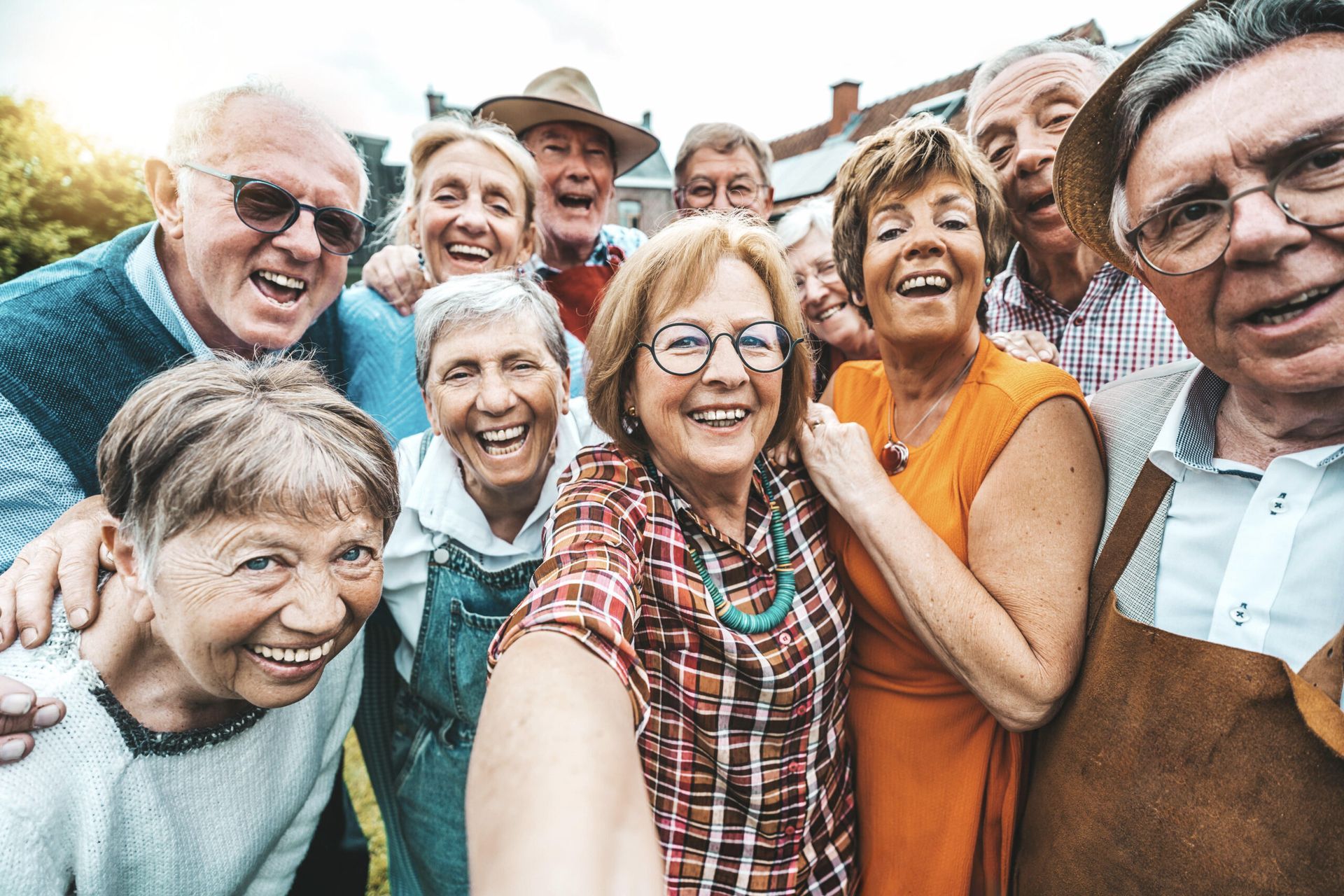Assisted Living Stigma

This gentleman came into the office to find out about his options for him and his wife; he couldn’t decide if they should stay in their home or move into assisted living. His wife had suffered a stroke, and he is her caregiver. He does everything for her; she is ambulatory, but she cannot cook or clean and has a tough time feeding herself, dressing herself, and bathing herself. His problem is that he keeps losing weight; he is down to 110 pounds and cannot put any weight back on.
When I mentioned assisted living, his face said it all. The stigma about assisted living is still with people. No matter how many blogs are written, how many videos are shown, or how many testimonials are posted, people still have the thought that assisted living is a death sentence. This could not be further from the truth.
I showed him the information we have on a new assisted living being built and he could not believe that was what assisted living is like. People still think of living in an assisted living as being in a nursing home. I showed him that you have your own apartment, you receive three square meals a day, housekeeping, laundry, utilities, transportation (if needed), and all the many other amenities included. I also pointed out that his wife would have the care she needed and that the burden on him would be lessened.
He said he still drives, and I told him that was fine, he can keep his car and with his wife being cared for, he is free to come and go as he pleases. As it is now, he must wait until she falls asleep or wait until he can find someone to sit with her until he can leave the house. I pointed out that this issue would be solved, if he wants to go to the store at 10:30 am, he can because there will be someone to watch over his wife.
I wanted to point out so much more to him, but he said I gave him so much to think about and that he did not realize assisted living has so much to offer. I took his information and am having an advisor reach out to him because I believe he and his wife will thrive in an assisted living community as will so many of you.
It is now February, the month of love, so show yourself or mom and/or dad how much you love them by looking into assisted living for you or them. The upkeep of maintaining a house is strenuous and expensive; why put yourself or them through all of that? Assisted living is the new way to live your life to the fullest!! Call us today, our services are FREE! 386-847-2322. If you do not call us, PLEASE call a senior advisor or a placement company, do not go this alone! We are here to help YOU and we will do it for FREE!



